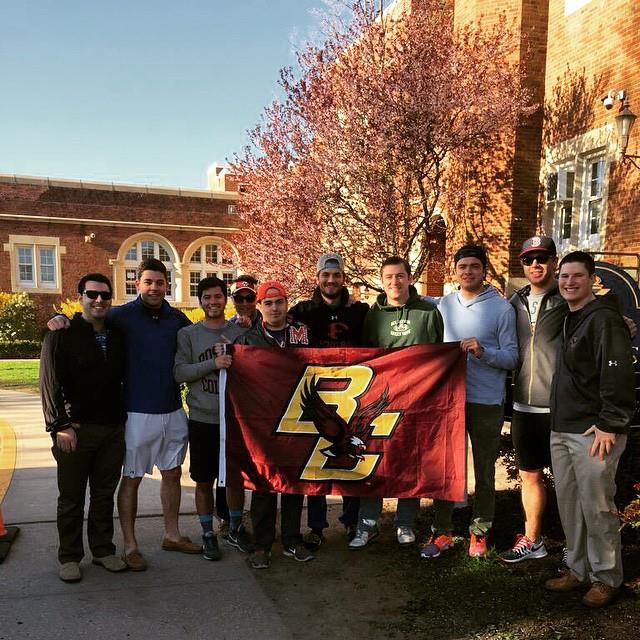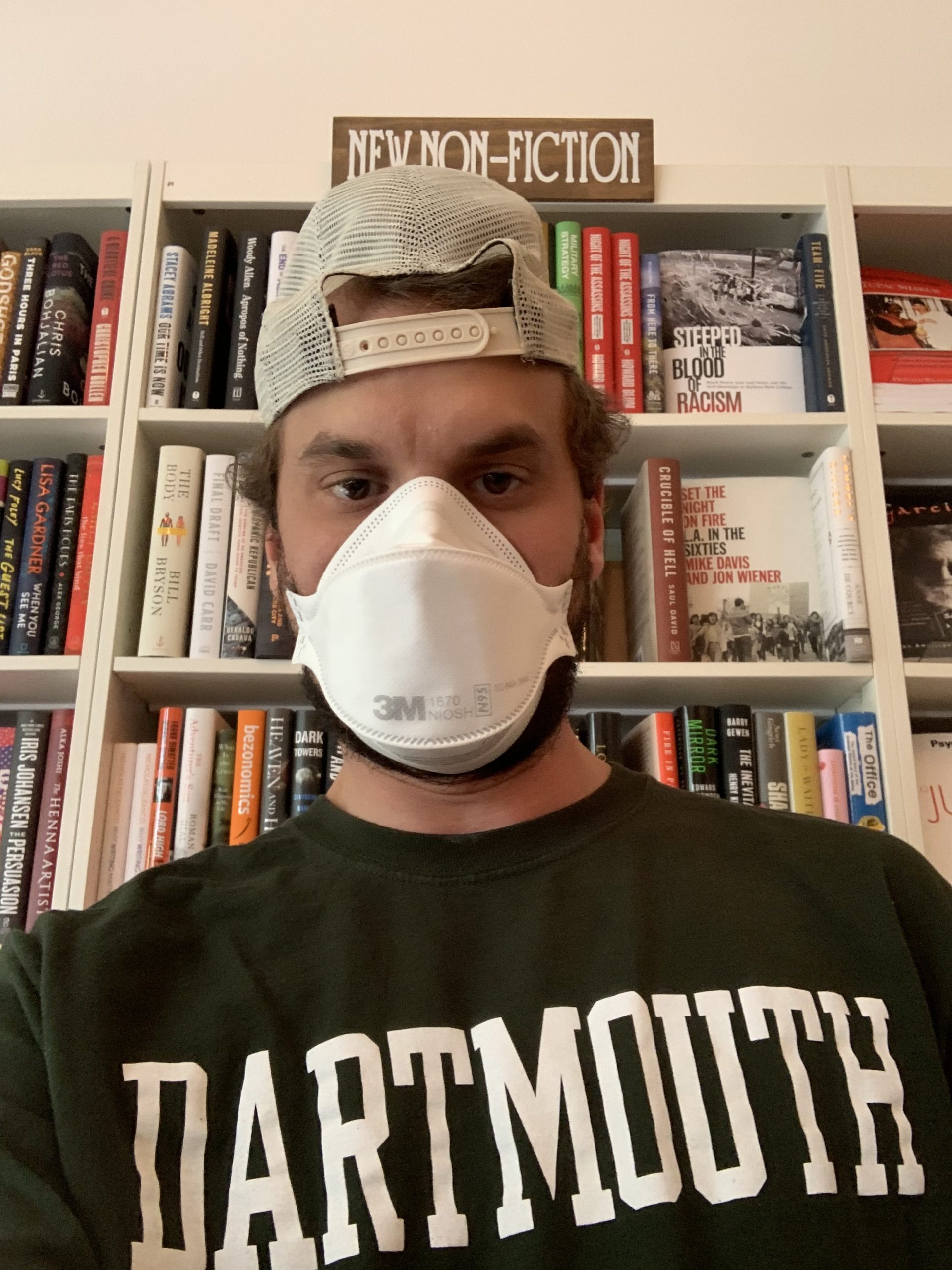Talking candidly about cystic fibrosis during the first few days of my freshman year at college was one of the most liberating experiences of my life. It went something like this:
My roommate, David, and I lived in a room that was assigned to us via my appeal under the Americans with Disabilities Act. My doctor had encouraged me to require the college to put me into a room that had a private bathroom. At BC, those rooms were traditionally considered “triples” where three students would live together in adjoining small rooms with space not much bigger than a few office cubicles placed next to each other. Boston College allowed the two of us to live in it without a third roommate.
Because of our unusually large space on the freshman hall, our room morphed into the place where people would congregate. Simply, we had space where others did not.
So, one of the first nights of school living – we weren’t even in school, it was freshman week (or whatever we called it) – 10 mostly new faces came to our room to plan for the rest of the night. Plan because as we all quickly found out, freshmen boys weren’t exactly welcome with open arms to social events held by upperclassmen. Maybe it was one of the growing pains of the college experience?
I saw that moment as an opportunity, though. I knew that I had to talk about my cystic fibrosis somewhere along the line. After all, college (or really just about any point after high school) is one of the first times people living with CF are forced into a situation where they need to decide: do I tell people about my CF or not? We are out of the nest and on our own. It is, in my opinion, a pivotal moment along the road to learning how to advocate for the things we need in life. It is also the time when we decide how we are going to build our new support system.
I was in a pretty unique situation… my CF had not exactly been a secret before college, so you could say the tides of general knowledge were forcing my hands. I did not so much see it as talking to new people about CF as I saw it as a path to controlling the narrative.
I figured the best way to share my CF would be to show, rather than tell.
In the middle of our congregation, I decided I would put on my vest and start nebulizing my evening treatments. I was killing two birds with one stone. If we were going to go out and experience a college party, I had to put my treatments behind me somehow, while I also showed what it was like to live with CF.
The response was a deafening silence that seemingly reverberated through the entire building.
It was awkward.
Finally, after a moment a brave soul spoke up. He simply asked, “so are you going to pass that or what?”
…marijuana is what he thought I was sucking down (we never found out what he thought the Vest was for).
To his displeasure, I told him I was not inhaling THC through my nebulizer, but instead that I had cystic fibrosis and needed to treat it every morning and night.
The story goes on, and if you’ve listened to Breathe In or seen one of my talks, you’ve probably heard the rest of it, but the key takeaway is that in the moment it felt as if a huge burden had been lifted off my shoulders.
It was my first step towards building a support system in a foreign place. It is a support system that has persisted through the test of time and has stood by me until this day. Of the guys who were in that room 7 or 8 of them are still among my best friends today.
The way I tell new contacts in my life about CF has evolved over time – whether in professional, educational or social settings. Regardless, I still feel as though showing CF is far more effective than telling.
Treatments are explicit, as are coughing and other things we probably wouldn’t think twice about (calls to the pharmacy, getting onto an airplane, etc.).
I have always been fortunate to have a great group of friends standing beside me and throughout the daunting challenges CF has thrown at me. I know not everyone is able to say the same, and it gives me great distress when I hear distraught pleas from patients and parents alike about facing serious barriers in front of developing meaningful friendships all because CF doesn’t allow for it. The horror stories that come along with that are what give me serious pause. When I hear that keeping CF a secret in college has led students to transferring or even dropping out of college because their health tumbles, I feel frustrated for those experiencing it.
It is the result of balancing active care or skipping care with everything else that comes with college. Caring for CF and developing friendships should not be mutually exclusive.
With the increasing prevalence of virtual schooling, I wonder how the rising class of people with CF will be able to share their lives with their classmates. Will the opportunity to expand their social circle and support systems be taken away? It is hard to say. One thing is for sure, explicitly showing cystic fibrosis in a virtual world will be next to impossible, but that does not mean people can’t open up. I think the immersive virtual community will still allow for people with CF to be open about their lives. To that end I think it’s going to be important for students to be creative. Don’t let the challenges our world pushes in our faces deter you from sharing who you are! I think if anything it’s going to be more critical than ever before that people with CF feel empowered to share who they are and what kind of support they will need as they venture to new places in an unprecedented time.
Forming a trusting bond with new connections and classmates will be essential as we all navigate this world where coronavirus lurks around the next corner. As I said in a blog not long ago, meeting someone new is like meeting every person he or she has been in contact with for the last two weeks. Some semblance of trust will go a long way.





